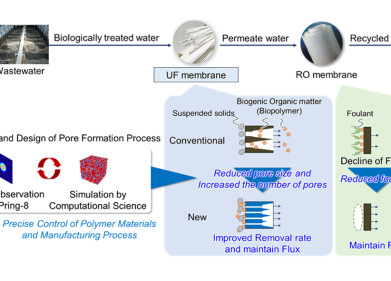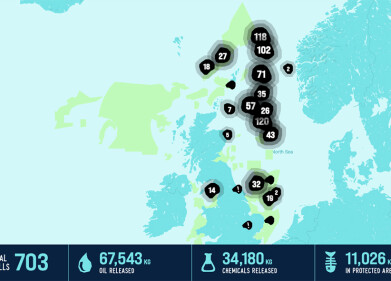Water/Wastewater
What Led to Iraq's Water Pollution Crisis?
May 12 2019
While the situation surrounding armed conflict in Iraq may have improved over the last ten years, its water pollution crisis has only deepened. The second biggest city, Basra, has been suffering from contaminated water supply for almost a decade, endangering the health of its residents as a result. Meanwhile, several other parts of the country have been affected by poor water quality as well.
The crisis has been caused by a number of different factors. A dearth of wastewater treatment plants, alongside lax sewage and industrial waste standards and a general ignorance around adequate waste disposal measures, has meant that much of the country no longer enjoys access to a safe supply of drinking water. This has affected not only humans, but marine life and agricultural yields, as well.
A growing concern
The Middle East is regularly troubled by issues of water cleanliness; just last year, a Lebanese river ran red from suspected water pollution, while the whole country has struggled with waste contamination in recent history. Iraq, however, is facing an even graver problem which threatens its whole populace, given that many parts of the country have not had access to clean drinking water for many years now.
Basra, home to some 1.2 million people, has borne the brunt of the crisis. The city gets it water from the Shatt Al-Arab River, which is a confluence of the Tigris and Euphrates Rivers, but which has become inundated with industrial waste and sewage, as well as a high concentration of salt. This has resulted in the hospitalisation of over 110,000 people in the last few months alone.
Medical professionals in the city have voiced their concerns that the terrible water quality could lead to a resurgence of cholera and diarrhoea in the area. Meanwhile, as well as posing a threat to human health, the polluted water has also caused bird populations to migrate, livestock to become poisoned and commercial crops such as date plants to die off.
What can be done?
There is much debate about the best way to clean up flooded lakes and reservoirs, and it’s certainly true that Iraq suffers from an insufficient number of wastewater treatment plants at present. Constructing more of those at strategic points along the country’s key rivers would go some way to helping alleviate the problem from affecting the health of people and animals.
However, preventing the pollution from surfacing in the first place is infinitely preferable to cleaning up its mess afterwards. This can only be achieved by tightening industrial standards, improving sewage infrastructure and educating the Iraqi population on the importance of proper waste disposal methods. While the government has come up with a number of quick fixes to its current water crisis, it seems unwilling to make the long-term commitment necessary to stamp out the problem once and for all.
“Many citizens have been poisoned. The disaster had an impact on agriculture and cattle as well, we have several solutions but they’re all temporary,” explained environmental activist Ahmed Hilal. “The local Basra government doesn’t have any future solution.”
Events
Apr 15 2025 Moscow, Russia
Apr 21 2025 Shanghai, China
May 11 2025 Vienna, Austria
May 18 2025 Algiers, Algeria
23rd International Water Management Exhibition
May 20 2025 Prague, Czech Republic














